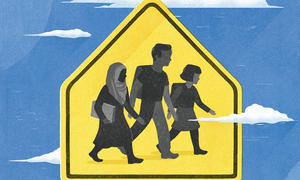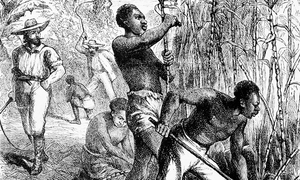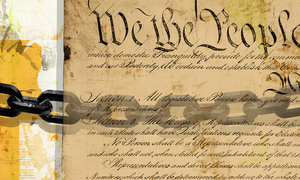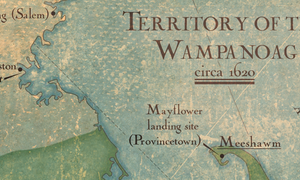Disrupting Islamophobia Amid U.S.-Iran Tension
As news breaks about increased tensions between the U.S. and Iran, your students may encounter Islamophobic comments or sentiments. These resources can help ensure that you’re ready to interrupt and address Islamophobia if it appears in your classroom or school—and that you’re ready to help students do the same.

Expelling Islamophobia
Confronting Students’ Islamophobia
Countering Islamophobia
Winter Break
This winter break, we hope you’ll take the time you need to relax and reflect on the year so far. We’re grateful for everything you do for students, and we hope these articles offer useful ideas for recharging and for recommitting yourself to the work that lies ahead in the new year.

An Open Letter to Teachers Everywhere

A Justice Educator’s New Year
Appropriate Ways to Teach Kids About Slavery
This week, a photograph of a math assignment asking fifth graders to set prices for enslaved people went viral. Assignments like this are clearly harmful. But students can learn about slavery in ways that recover the lives and histories of enslaved people or dehumanize them; celebrate their resistance or erase their agency; recognize how slavery shaped our nation or ignore it completely. Educators can teach this hard history—and teach it well—in any discipline, to students of almost any age. Here are a few examples of how.

How Did Sugar Feed Slavery?
Sample Lessons

Teaching Hard History: Grades K-5
The December Holidays
Many schools enjoy celebrating a non-religious “holiday season” but clearly favor Christmas in their traditions and decor. Moreover, important non-Christian holidays that don't occur in December are often overlooked completely. These resources can help your school community become more inclusive by reflecting on how and when holidays show up in your hallways, assemblies and classrooms.

Avoiding the Holiday 'Balance Traps'
Analyzing the School Holiday Calendar
Religious Holidays
Thanksgiving 2019
As Thanksgiving approaches, it's important to remember that some Indigenous communities observe the holiday as a day of mourning. We hope you'll think about the ways you bring Thanksgiving into your classroom and consider how you can ensure every member of your school community feels respected and valued in the process. Here are a few resources to get you started.

Teaching Thanksgiving in a Socially Responsible Way
